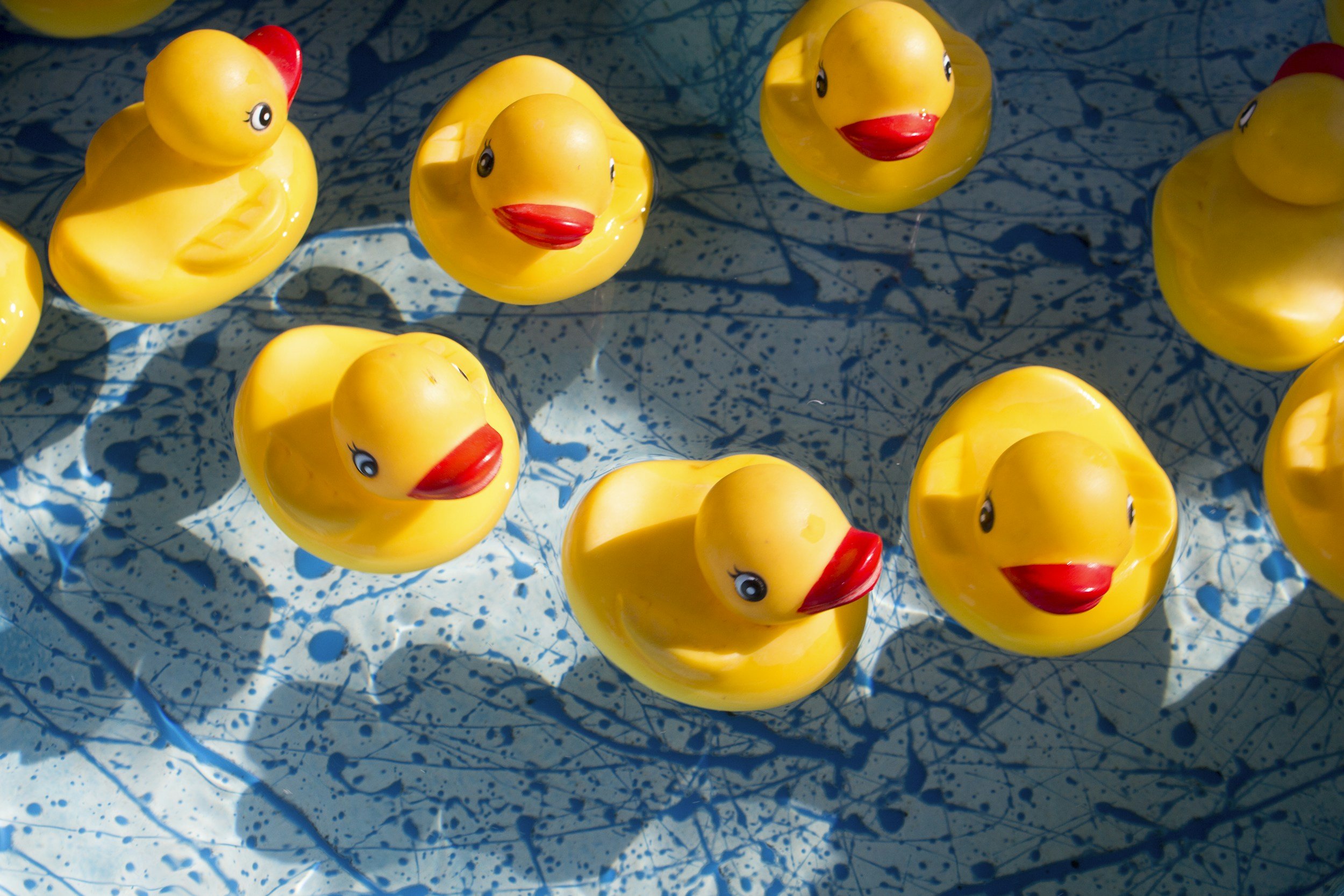
Farnam Street - How analogies reveal connections, spark innovation, and sell our greatest ideas
Sticking with communication. Analogies are powerful allies in getting a point across. This article illustrates their use and effect with nice examples. "The tide". “The Permission Slip”. "The Great Train Robbery”. And breaks down their anatomy. Use them at your own peril!

New York Times - 95,000 words, many of them ominous, from Donald Trump’s tongue
You might be very surprised that Trump has become so popular. His ideas seem ridiculous. His views offensive. And that hair!! Remind you of anyone? One of the reason is his use of language. He’s quite the NLP (Neuro-Linguistic Programming) expert. And wins over crowds by framing an argument in such a way that it plays on their emotions. The New York Times went over 95,000 words of transcripts of his public speeches and found some patterns. Interesting read.
Also, check out this video analysis of how Trump talks by Nerdwriter, another favorite of mine.

New York Times - Zombie nouns
Writer tip to bring your language back to life: Avoid all Zombie Nouns. The what now? Zombie nouns. Nouns (zelfstandig naamwoorden) created by adding a suffix like -ity, -tion or -ism to a verb, additive or even to another noun. Congrats you’ve just created a new word that sounds super smart! But that word is as good as dead and will send the reader to sleep. Prevent these toxic monsters! And if you prefer video, here it is.

Nerdwriter’s YouTube Channel
Ah. A proud nerd! This guys is nerding out on the most obscure topics. From different philosophers to the Japanese mending practice Kintsugi. And explaining paintings and art house movies. And he explains these topics very eloquently. A great way to get smarter without doing the 'heavy lifting' of reading. To get started check out his video’s on Morality, Ceci n’est pas une pipe or Pan’s Labyrinth.

BBC Magazine - How creativity is helped by failure
Permission to fail. A great new year’s resolution. Art and innovation get better by making progress. They're not conceived by the initial idea or by thinking really hard about a solution. You need to try and thus often fail in order to eventually find that gem. This art exhibition doesn’t just show the eventual masterpieces but shows the mess-ups, rough drafts and preliminary sketches.

Coding Horror - Rubber Duck Problem Solving
Remember that feeling. In class. When you raised your finger to ask a question. And just when you started speaking it, you thought of the answer? In earlier newsletters, I’ve shared articles about questions. How great questions can shift the way you look at a problem. But the power goes further. Just thinking about a question and working to phrase it better can help you figure out the answer. So, when you don’t know the answer, try to explain the question out loud to your rubber duck.

New York Times - Choose to be grateful. It will make you happier.
For the holiday spirit! I love it when cause and effect can also be reversed. As positive psychology has been saying, you don’t have to be successful to be happy. It’s the other way around. And you don’t have to be happy to be grateful. Again, it’s the other way around. So be happy by choosing to be grateful! Oh, but beware, apparently there are side effects. Like, you wanting more sweets. Aptly called: The Pumpkin Pie Paradox.

The Week - Steve Jobs and the perils of being a corporate visionary
Caring too much about certain specifics of a vision is how I would describe it. That only one outcome counts as good enough, no matter what the costs. Despite it being another Jobs story, the point is quite profound. When do you care so much about accomplishing something that we do it at the expense of others? Or vice versa, when do you try to please others and forget yourself.

Jonathan Franklin - Lost at sea: the man who vanished for 14 months
Crazy read. So bizarre to follow the journey of this man being lost at sea for 14 months. Surviving the lack of food, the ocean and the loneliness. So impressive. While reading, images of movies like Life of Pi and All is lost continuously flash through my mind. 438 days later, he bumped into the Marshall Islands. Crazy!

Wired - Facebook aims its AI at the game no computer can crack
Deep Learning has been working quite well with images. Computers learn to use new input to continuously improve their ability to recognize what’s in the picture. And now Facebook is having a go at it (pun intended). They’re trying to create a Go computer that can beat the best human player. Go, you see, has so many possibilities that a computer simply doesn’t have the calculative power to use brute calculative force to get to the best move. But by using deep learning they’re learning what the next best move might “look like”.

John Peterson - Don’t let a good crisis go to waste
There are these moment - often shitty - where things become clear. Where you’ve got clarity to what’s important and what’s not. In those moments, we tell ourselves that we’ll start doing things differently. But afterwards, we just go back to business as usual. In this article, John encourages you to - in that moment - make the changes in such a way that you’re committed and can’t back out. That you can’t not follow up on your intention. By already making the appointment. Calling somebody up. Sending in that resignation. Because a week from that moment, all urgency is gone.

Chris Sacca's commencement address at the Carlson School of Management
Sacca is a sort of investor wunderkind. One of - if not - the most successful ever. He also looks in no way like an investor. Here he shares 7 lessons to the just graduated students. (1) Ctrl-Alt-Delete: Start with a clean slate. (2) Be present: It makes every experience better and richer. (3) Play offense: What's YOUR to-do list? And more!

Gabriel Popkin - Is it foolish to model nature’s complexity with equations?
Is it possible to model nature? We run into all sorts of problems with ecological models. And do we have to use equations? Chaos Theory can do neat tricks. It can link variables that are don’t cause the effect to predict the effect. What? Yeah! Check this one out if you dare. It’s not as complex as it sounds :).

Simon Parkin - The Brain in the Machine
Steve Grand. This guy! Holy smokes. He’s programming animals. But he’s not mimicking the behavior of animals in code. He’s programming them on an almost cellular level. Programming virtual neurons and enzymes. Animals get hungry, need to go hunting. To go hunting, they need to scout the surroundings. To do that they need to learn to move. Etc. It’s an insanely big project. That he does by himself!

Isaac Asimov - “How Do People Get New Ideas?”
Creativity from 1959! And it holds up! Asimov was asked to join a think tank about missile defense systems. And quit it. But not before writing down the ways he saw people creating new ideas. He writes about how you make new connections. When you need interaction. When you need contemplation. Very good read!
